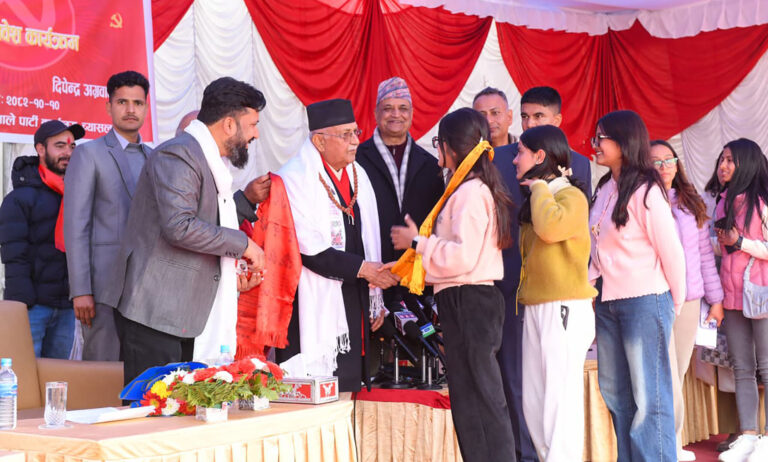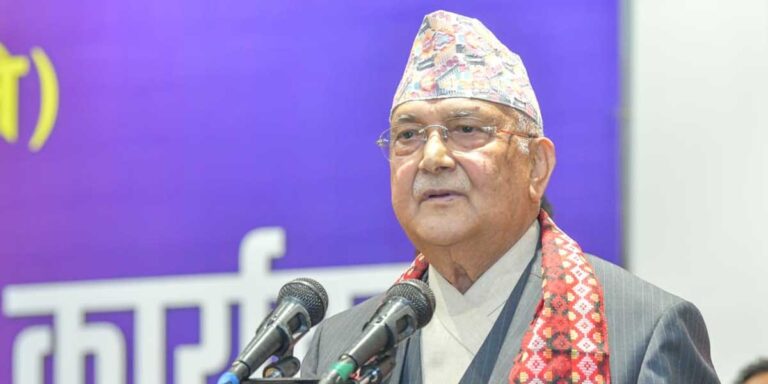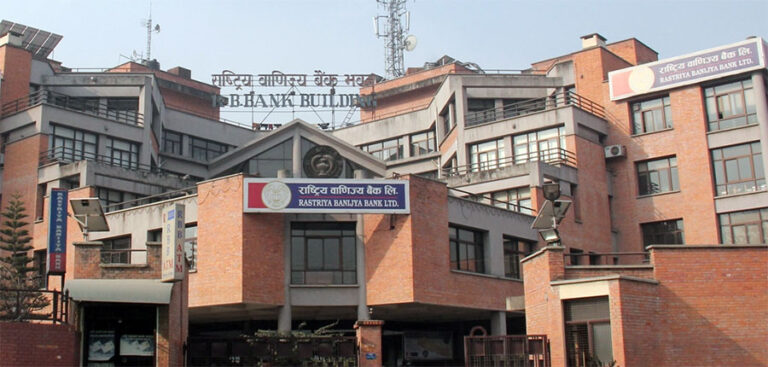
Mothers in the ancient Mithila region of Madhesh have begun the Jitiya fast on Sunday, praying for the growth, health, and welfare of their children.
On Saturday morning, after bathing in a sacred water body and taking the vow, women of Mithila, who are mothers, started the nirahar (fast without food) after consuming the Ogatan (special offering) before midnight. This fast is traditionally observed on the Ashtami tithi of Krishna Paksha in Ashwin, which coincides with the period of Pitru Paksha.
Although the Ashtami tithi officially begins at 8:44 AM on Sunday, the fast was considered to have started after midnight on Saturday, as per local custom. According to the Mithila Panchang and Vidyapati Panchang, the fast can be concluded after 7 AM on Monday. In the Mithila region, festivals, auspicious events, and ancestral rituals are traditionally observed according to these two calendars. The Jitiya fast concludes on the Navami tithi, a day after the fast, following the prescribed ritual.
During this festival, which falls in Pitru Paksha (Shrawan period), devotees take a sacred bath on Saptami, recall their ancestors, take the fast vow, and consume Chokhni (special offering). On the same day, women offer mustard oil, pīna, and mango pickle to the Sun God in the sacred water body.
The main day of the festival is spent listening to the story of King Jimutvahan. According to Maithil belief, during the Dwapar Yuga, the son of King Shalivahan, Jimutvahan, rescued the seven sons of a widow Brahmin on the Krishna Ashtami of Ashwin. Based on this story, the Jitiya fast tradition began for the well-being of children. The festival is also mentioned in the Bhavishya Purana.
It is believed that performing the Jitiya fast with devotion and sincerity brings the welfare of children and ensures that mothers receive great joy from their children.




